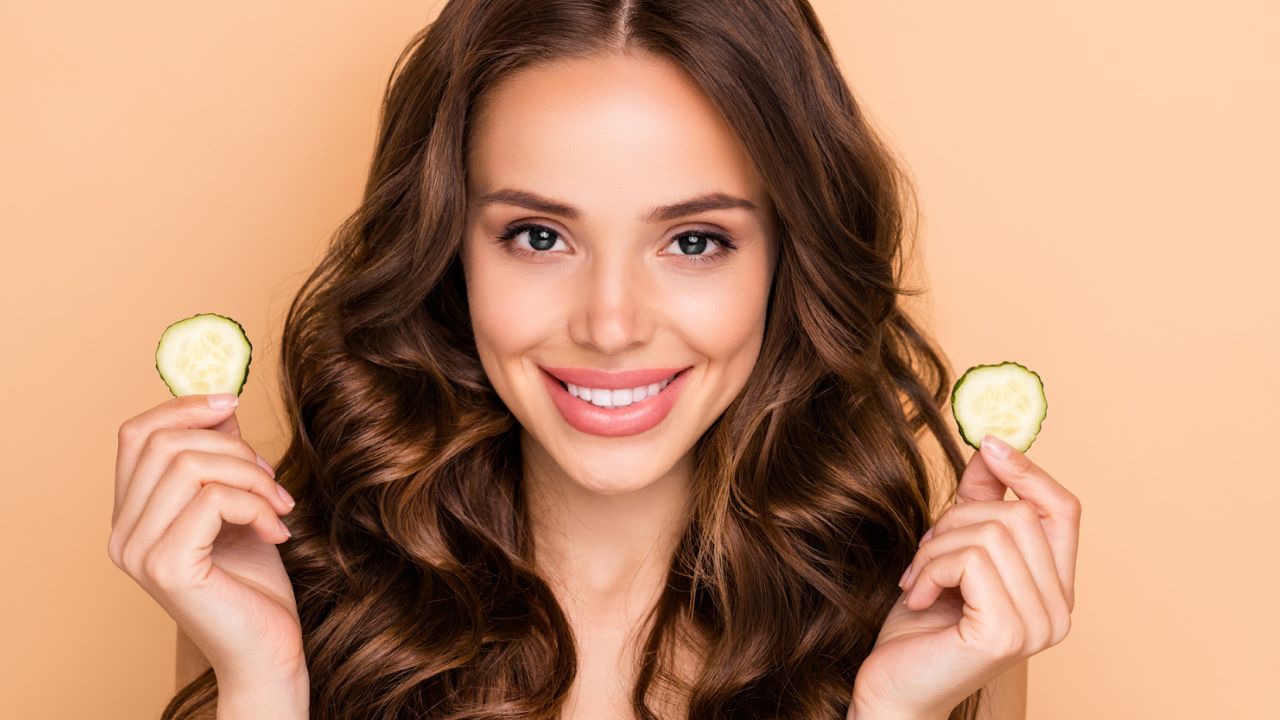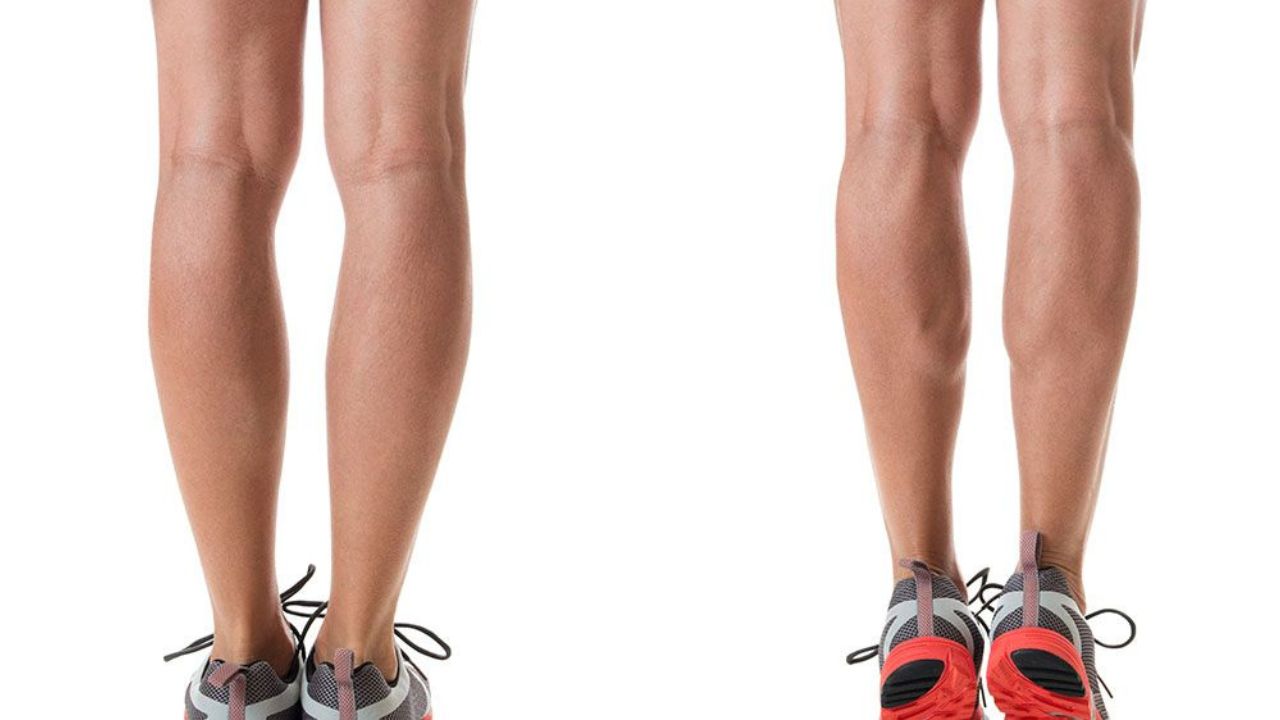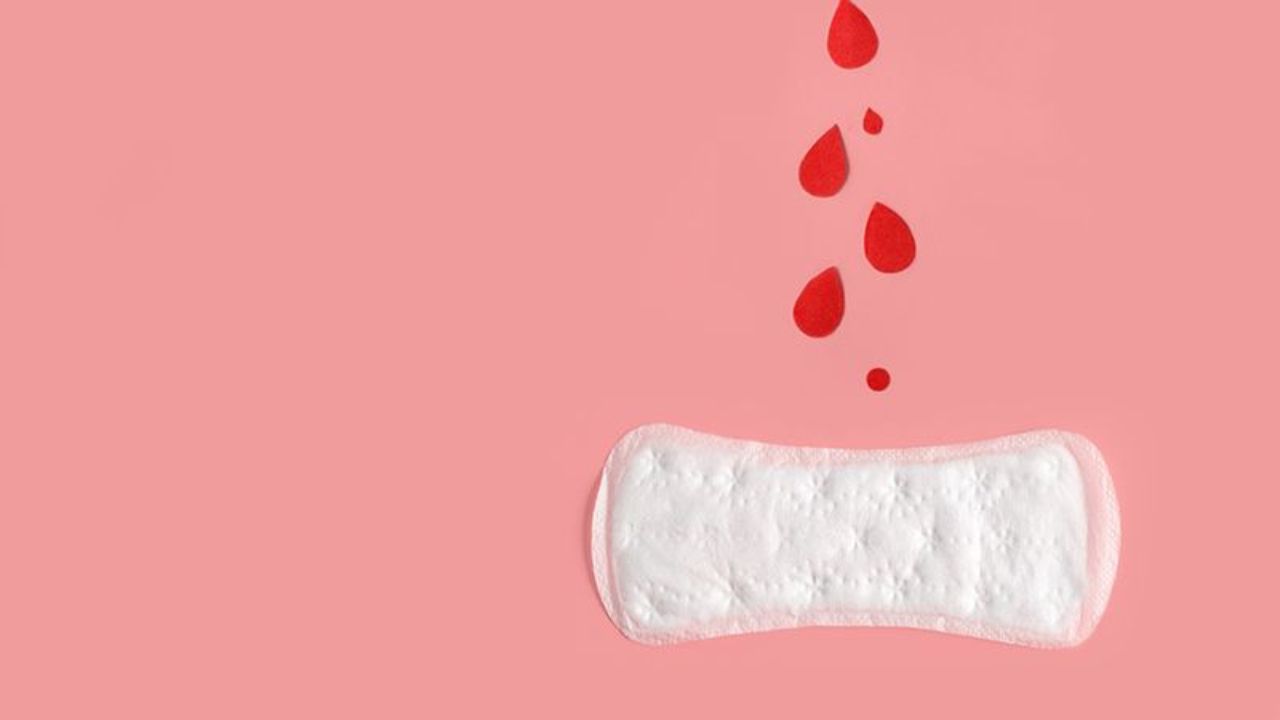Ever considered giving your hair a veggie boost? Believe it or not, the secret to luscious, strong locks might just be nestled in your vegetable crisper! Vegetables aren’t just for keeping you trim; they’re a treasure trove of nutrients for your hair.
Let’s dive into how these everyday veggies can become your hair’s best allies. But first, a few golden rules to maximise the benefits of your hair care routine:
Prep Your Hair Right: Starting with clean, slightly damp hair can make a world of difference. While it might seem a bit of a faff to wash, apply a treatment, and wash again, your hair will thank you for it. Ever wondered why hairdressers wash your hair before getting down to business? Here’s your answer.
Temperature Matters: Your hair follicles are like flowers – they respond to temperature. Warm water helps them open up, making them receptive to nutrients. Cold water, on the other hand, is like a gentle hug, sealing everything in. So, remember: warm water for application, cold for rinsing.
Easy on the Heat: A hot shower might be bliss, but your hair’s not a fan. Overly hot water can strip it of natural oils and elasticity. Keep the temperature on the gentler side to maintain your hair’s natural vigour.
Scent-Savvy Post-Care: We love our veggies, but let’s be honest, some can be a bit pongy. If your hair mask has left a lingering aroma, a dash of your favourite conditioner can be your nose’s knight in shining armour.
Timing is Key: Patience is a virtue, especially when it comes to hair masks. Giving it at least 30 minutes to work its magic can be transformative. But don’t overdo it – leaving it on too long can backfire, drawing moisture out of your hair.
Revitalize Your Hair with These 12 Vegetable Superstars
Ready to embark on a veggie-fueled journey towards fabulous hair? These 12 vegetables are not just your regular side dishes; they’re your hair’s superheroes, packed with nutrients to boost growth, strength, and shine.
Spinach: The Iron Giant
Spinach is a powerhouse of nutrients, especially rich in iron and zinc, vital for preventing hair loss. Its lush fiber content is an added bonus for overall health, making it a top contender in your hair care diet.
Carrots: The Biotin Boost
A favorite in the world of hair care, carrots come loaded with biotin (Vitamin B7), essential for hair regeneration. Their beta-carotene content (which the body converts to Vitamin A) is a boon for hair health. Try a carrot paste hair mask for a double dose of care – inside and out!
Onions: More than Just a Flavor Enhancer
These pungent kitchen staples are a treasure trove of zinc, iron, and biotin, making them fantastic for hair growth and greying prevention.
Sweet Potatoes: Beta-Carotene Bonanza
Sweet potatoes are brimming with beta-carotene, a precursor to vitamin A, critical for cell repair and hair vitality.
Tomatoes: The Lycopene Leader
Tomatoes, rich in the antioxidant lycopene, work wonders in detoxifying the scalp and enhancing hair shine. Eat them up or apply tomato pulp directly to your scalp for a double impact.
Garlic: The Sulphur Specialist
Though its aroma is strong, garlic’s benefits for hair regrowth, thanks to its high sulphur content, are stronger. It’s a low-calorie add-on with high returns for your hair.
Beetroots: The Lycopene Lift
Beetroots, with their high lycopene content, stimulate hair growth. Plus, most red veggies share these benefits, making them a colourful addition to your hair care diet.
Curry Leaves: The Underappreciated Hero
Often overlooked, curry leaves are an exceptional remedy for hair loss, thanks to their potent compound profile. They’re a secret weapon for achieving luscious locks.
French Beans: The Vitamin A and E Vault
Packed with Vitamins A and E, French beans are fantastic for enhancing hair luster and preventing premature greying.
Green Chili: The Keratin King
Rich in keratin and Vitamin E, green chilies not only promote hair growth but also aid in scalp cell repair, fostering healthy hair follicles.
Orange Veggies: Beta Bonanza
Dive into a spectrum of orange and yellow veggies like bell peppers for your beta-carotene fix, crucial for reducing hair breakage and fall.
Cucumber: The Hydration Hero
Cucumbers, known for their hydrating properties, are great for hair health. Create a cucumber-fenugreek paste for a nourishing scalp massage.
By integrating these vegetables into your diet and hair care regimen, you’re not just treating your taste buds; you’re investing in the health and beauty of your hair. Here’s to a happy, healthy hair journey with nature’s finest!
Nourishing Your Hair with a Vegetable-Enriched Diet
Embracing a diet rich in vegetables is a fantastic strategy for enhancing hair health. Vegetables like spinach, onions, carrots, garlic, and others are not just side dishes; they’re powerhouses of nutrition that can contribute significantly to stronger, healthier hair. Alongside these veggies, remember to use hair masks, wash your hair with lukewarm water rather than hot, follow a well-rounded diet, and stay hydrated for the best results in hair growth.
Frequently Asked Questions about Hair Health
What Drinks Promote Hair Growth?
Research has shown that a traditional Asian herbal concoction containing Houttuynia cordata Thunb, Perilla frutescens Var. acuta, and green tea can stimulate hair growth in mice. However, its effects on human hair growth are still under study.
Can a Veggie-Heavy Diet Prevent Hair Loss?
While vegetables are essential, focusing solely on them is not enough. A balanced diet with adequate proteins, fats, vitamins, and minerals is vital for healthy hair. Incorporating healthy lifestyle practices, including proper hydration, sufficient sleep, and regular exercise, is also crucial.
Timeframe for Seeing Results from a Veggie-Enriched Diet?
Changes in diet, including increased vegetable intake, typically show results in hair health within 3-6 months. Consistency in your diet and overall healthy lifestyle is key to seeing these changes.
Can Any Vegetables Negatively Impact Hair or Scalp?
Generally, vegetables are safe and beneficial for hair and scalp health. However, individuals with specific allergies or sensitive scalps might experience irritation. Always do a patch test before applying any vegetable-based treatments topically.
Can Lack of Vegetables Lead to Hair Loss?
Yes, not consuming enough vegetables can lead to hair loss due to the absence of crucial vitamins and minerals in your diet. It’s important to maintain a balanced diet that includes a variety of vegetables to prevent this.
By understanding these aspects, you can more effectively integrate vegetables into your diet and hair care routine, promoting not just hair growth but overall health and vitality.






